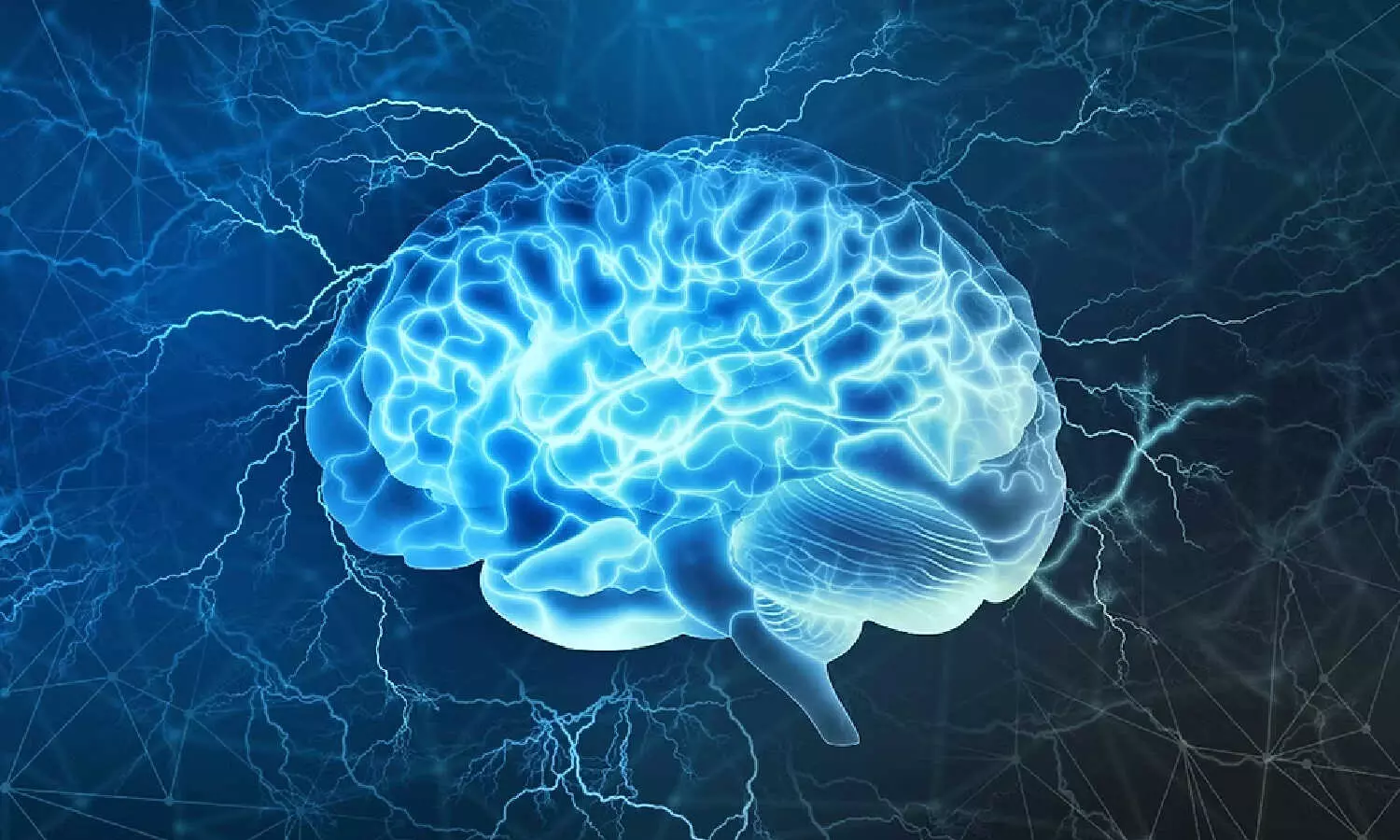4 Pillars of Brain Health: Sleep, nutrition, activity and lifestyle
How lifestyle, sound sleep, physical activity and nutrition are essential for prolonged brain health
By Neelambaran A
Hyderabad: The human brain is responsible for functions of thought, movement, memory and sensation besides regulating identifying signals from the human body like temperature, pain and at what pace the heart beats.
However, with changing lifestyles, such as increasing prevalence of harmful sedentary habits, brain health is given low priority. The daily diet and physical activity are among the several factors affecting brain health.
Role of lifestyle in lifelong brain health
Dr Bharath Kumar Surisetti, consultant neuro physician, Yashoda Hospitals, Hyderabad, said, “The everyday routines, which range from our diet and physical activity to our sleep patterns and stress management, are significant investments in our cognitive future. It has a lasting effect that begins in childhood and lasts into old age since it is woven into the very fabric of our neurological resiliency.”
Brain needs sufficient nutrition
Brain development happens between birth and late teenage years while maturing gradually. Brain development and function require a healthy diet.
According to Dr Bharat Kumar, the foundation for memory, learning and emotional control in youngsters is laid by a balanced intake of vital nutrients, particularly omega-3 fatty acids, antioxidants, vitamins and minerals.
“These same nutrients keep the brain healthy as we age, reducing the risk of diseases like Alzheimer’s and slowing cognitive decline. It has been demonstrated that diets high in leafy greens, berries, salmon, whole grains and nuts maintain the structure and function of the brain throughout time,” he said.
Importance of physical activity for neuroplasticity
Neuroplasticity is the process essential for improving the brain’s capacity for growth and adaptation. The physical activity, usually recommended for heart and muscle health, also increases the brain’s neuroplasticity.
Dr Bharat Kumar said, “Research shows that at any age, even small amounts of consistent exercise can improve focus, lower anxiety and create new neural connections. Memory and executive function can be preserved by promoting active play in youth, including sports or walking into adult routines and preserving mobility as people age.”
Carrying out aerobic exercises promotes the release of neuroprotective proteins and improves blood flow, which also helps in preserving, strengthening and improving brain health.
How sound sleep helps brain health
Good and sound sleep can help in restoring emotional equilibrium, removing waste from brain cells, and solidifying memories. The lack of sufficient sleep can also affect young people who get too little or disturbed sleep. This can affect mood, learning and concentration.
“Persistent sleep problems have been associated with increased risks of depression and neurodegenerative disorders throughout adulthood. Maintaining a regular sleep pattern and practising proper sleep hygiene will benefit brain resilience in the long run,” Dr Bharat Kumar added.
Managing stress can help develop cognitive capacity
Hormones released by prolonged stress can harm delicate neuronal networks involved in emotion and learning over time.
Early life settings that practice healthy coping skills, such as mindfulness, encouraging connections and relaxation techniques, give us the emotional and cognitive stamina to withstand the negative consequences of obstacles in later life. Regularly using stress-reduction techniques helps people of all ages by preventing the brain from ageing too quickly.
Dr Bharat Kumar insisted that cultivating the brain is never too early or too late.
Making healthy lifestyle choices at any age provides quantifiable protection against cognitive decline, but healthy lifestyle choices started in childhood can provide a solid foundation.
“Regardless of age, I urge everyone to see everyday activities as essential chances for brain health throughout their lives. In reality, your brain is what you put into it, how you move it, how well you sleep and how well you take care of it,” he said.